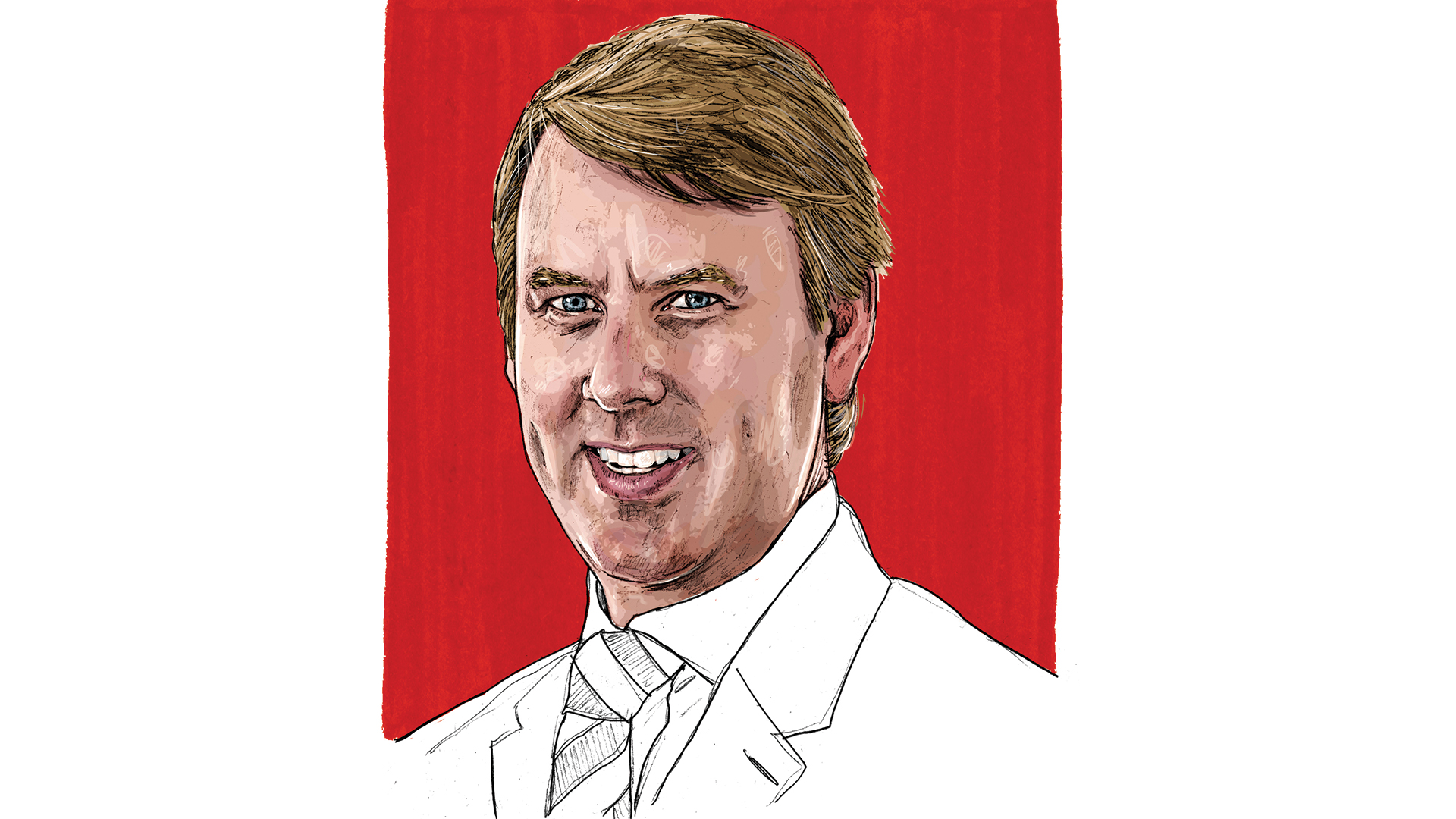“There are two big themes across Europe,” Tim Cornelius explains. “Plastic, and what we do with it.” That’s why he is on track to repurpose an entire power station. As chief executive of renewables firm SIMEC Atlantis Energy, he’s leading the effort to turn Uskmouth power station near Newport, Wales, into the UK’s first plastic waste-driven energy generator – and will tackle the tonnes of non recyclable plastics sitting in landfills at the same time. Set to begin operation in 2021, it’s expected to power 100,000 homes.
The beginning of Cornelius’s career didn’t scream renewable energy. Born in Australia, he studied marine biology at Flinders University in Adelaide before he became a commercial diver. After witnessing a lot of injuries in his line of work, he returned to university to study submersible engineering and robotics – it led him to a career that took him from the North Sea to Africa and the Middle East as he worked on submarines that could go to depths of 3,000 metres and further.
That experience turned out to be crucial when people around the world picked up on the desperate need for renewables. “We had amassed a lot of knowledge on how to do things underwater in a very clever way,” he tells The Big Issue, “so a group of us in that field decided to put some money into a new venture.” They created Atlantis Energy in 2005, which went on to become the world leader in tidal power, with particular success near Caithness, Scotland.
“Based on our somewhat unexpected success, we decided to start looking at different ways to do renewables,” he says. Cornelius’s team, bringing the firm to the UK in 2012, worked long and hard to find technological solutions to the immediate problems facing the environment and the energy sector. They saw biomass pellets being used in the cement and steel industries as a substitute for coal to reduce emissions, so they set to work tweaking those – and experimenting with how they could make a dent in the UK’s huge landfill problem – to make them work for generating electricity.
How it works
“We take non-recyclable plastics – think car dashboards, the difficult plastics, not like straws – and mix that with basically paper and cardboard, so you end up with a pellet which is 50 per cent plastic and 50 per cent paper and cardboard. That pellet gets crushed exactly like coal does – instead of feeding the power station coal, you feed it these pellets. They are burned to create steam, which in turn runs a turbine, which generates electricity.”
Then in 2014, right on cue, the closure of Uskmouth power station was announced. And they already had the perfect idea. “People like Sir David Attenborough did a lot to bring plastic waste into the public consciousness,” Cornelius says. “And then there’s the shutting down of coal power stations.”









